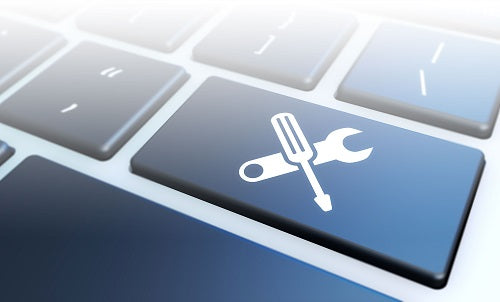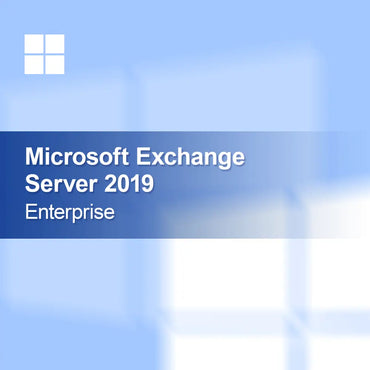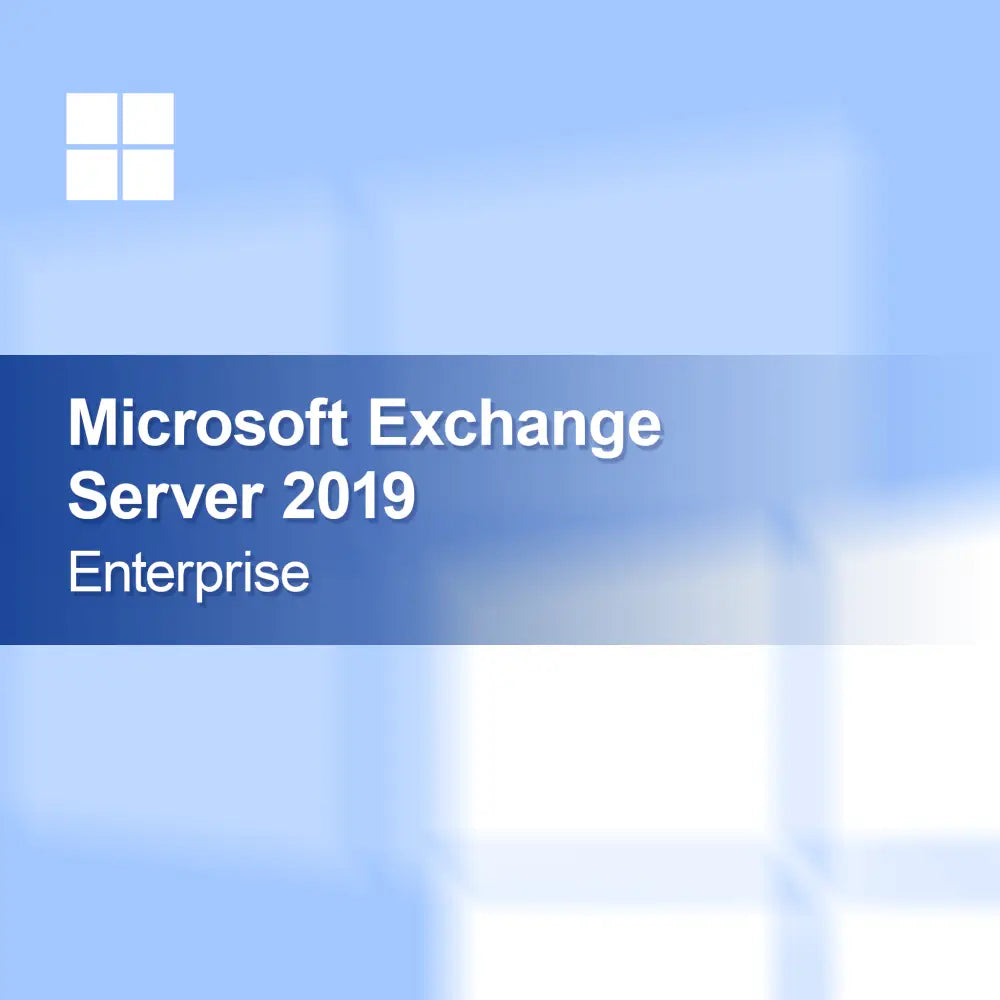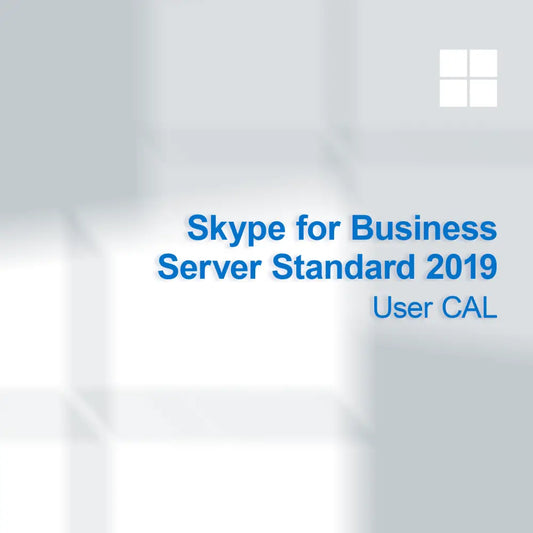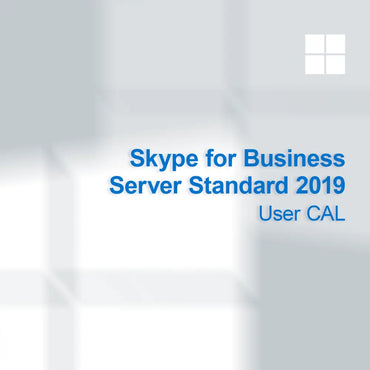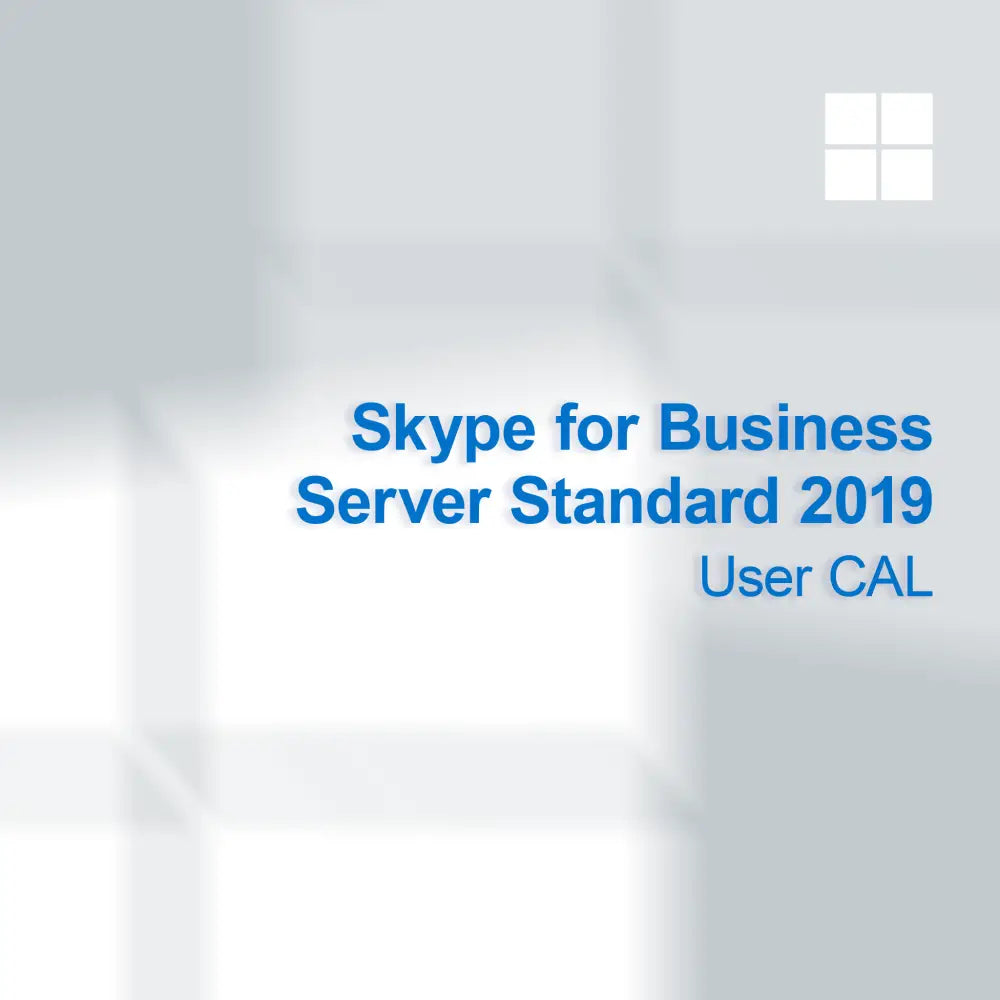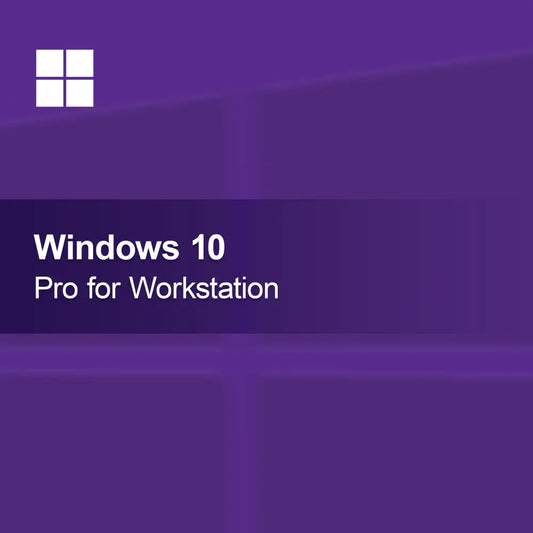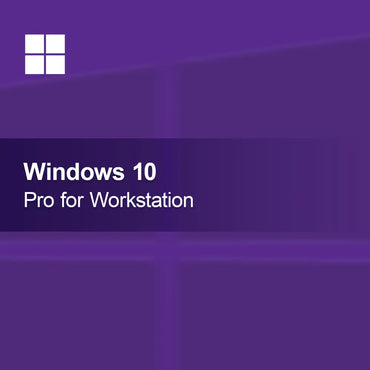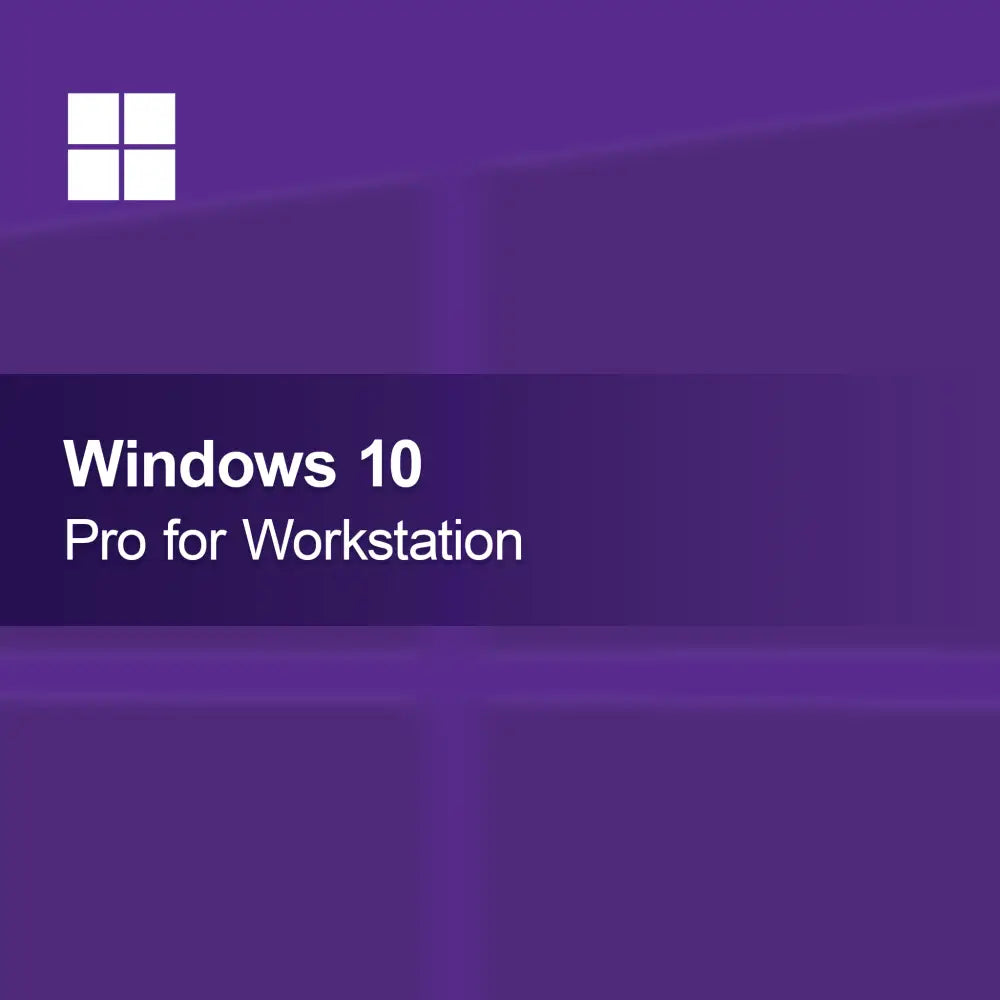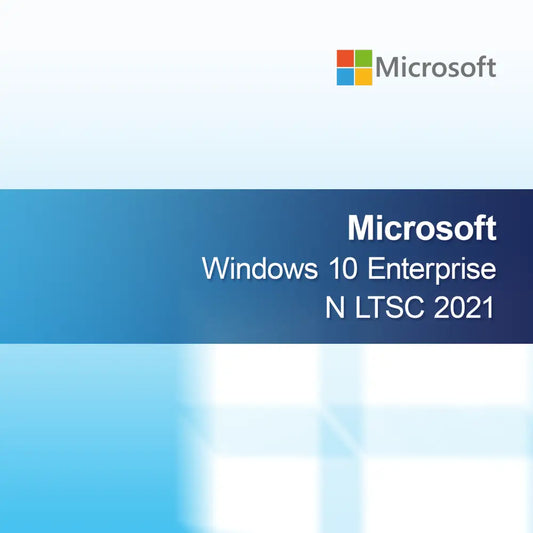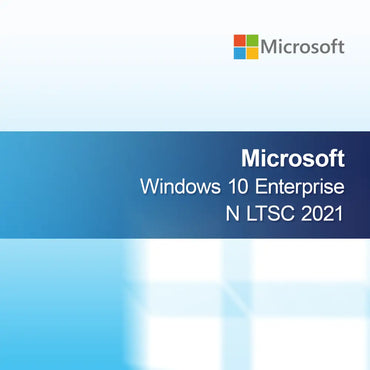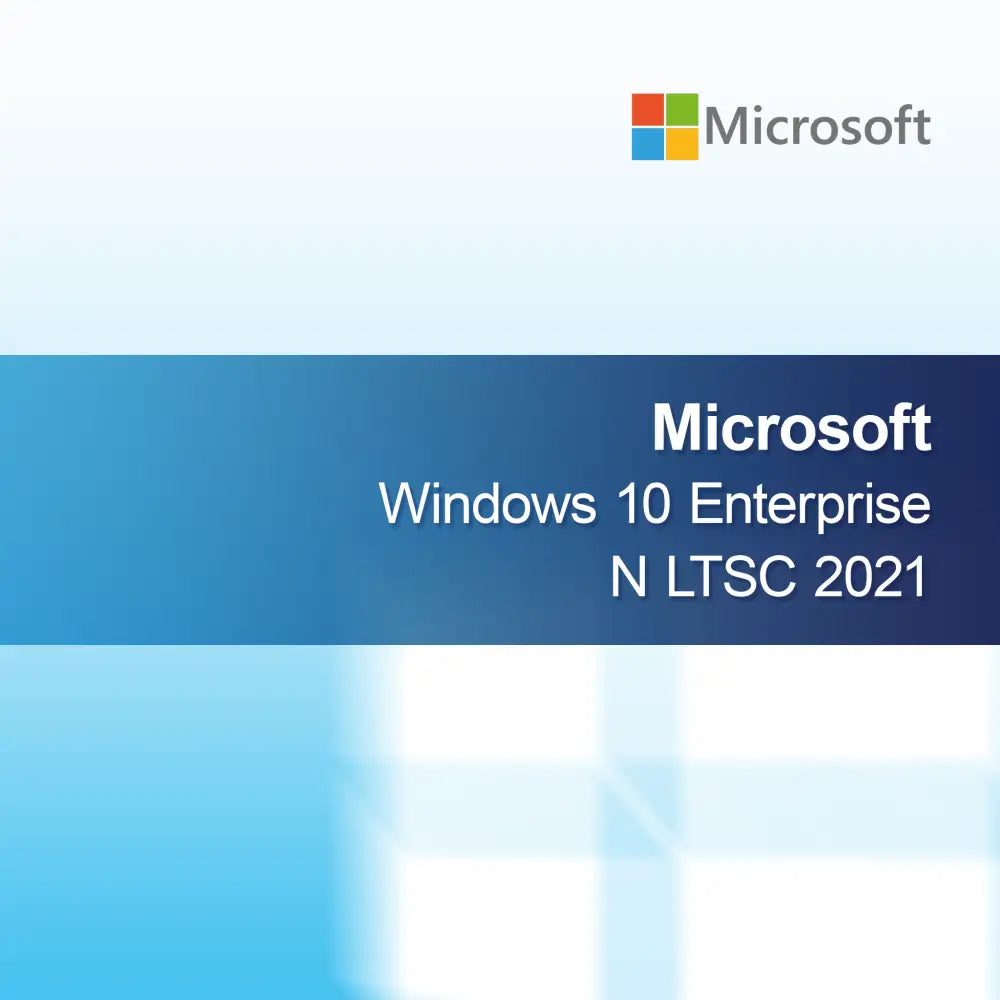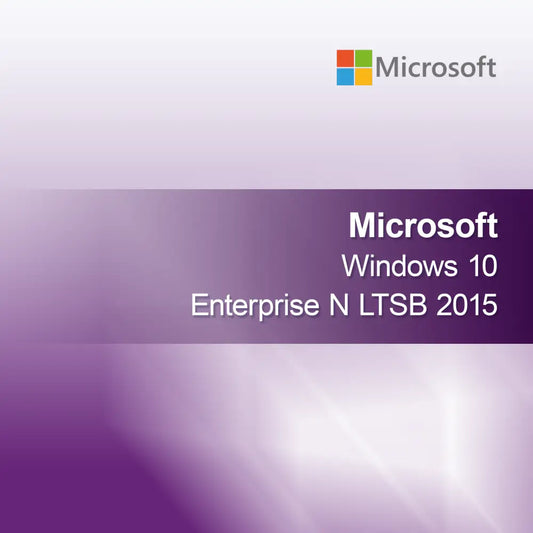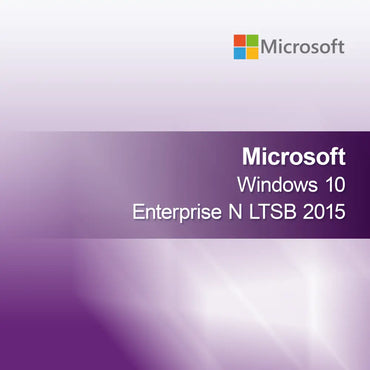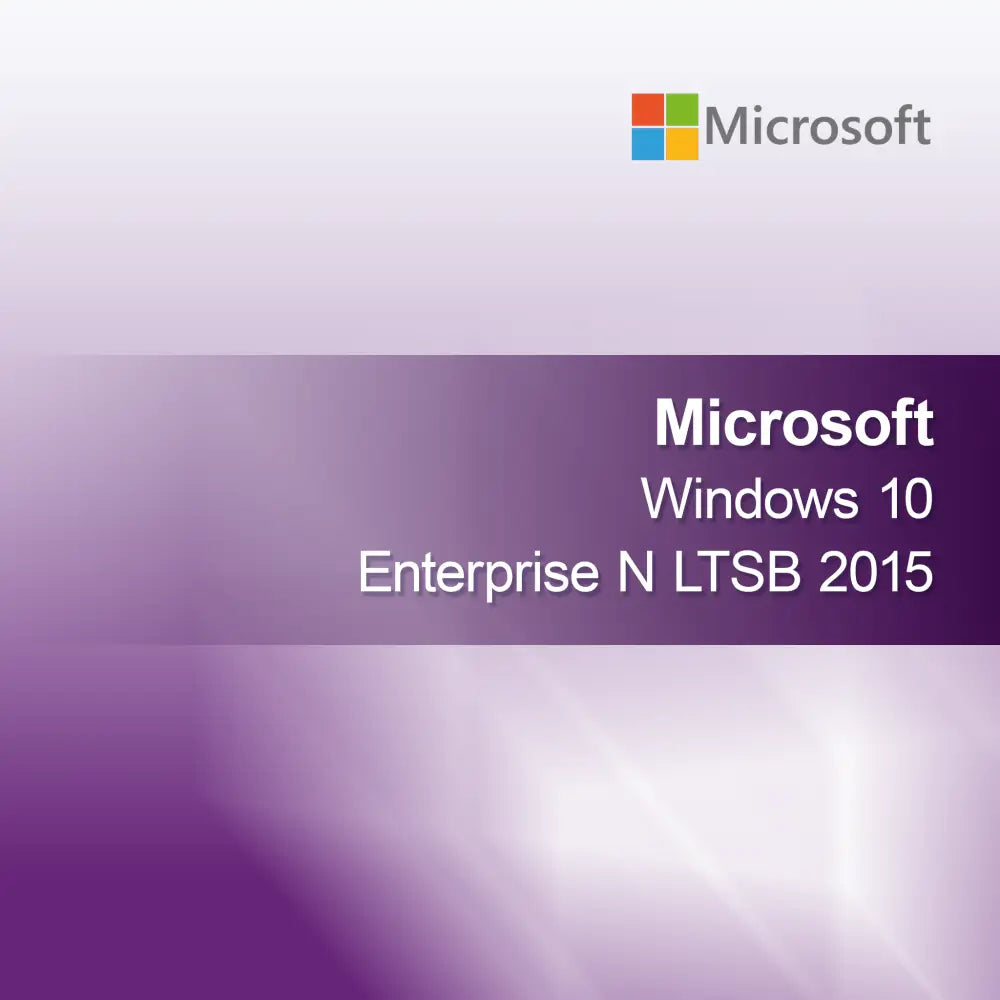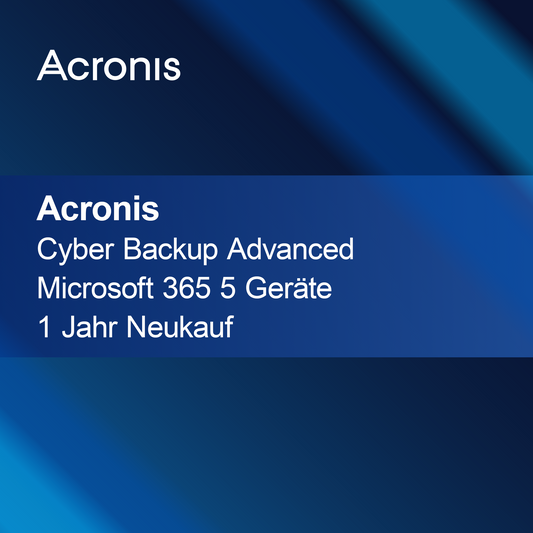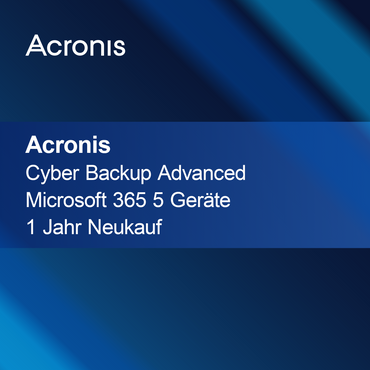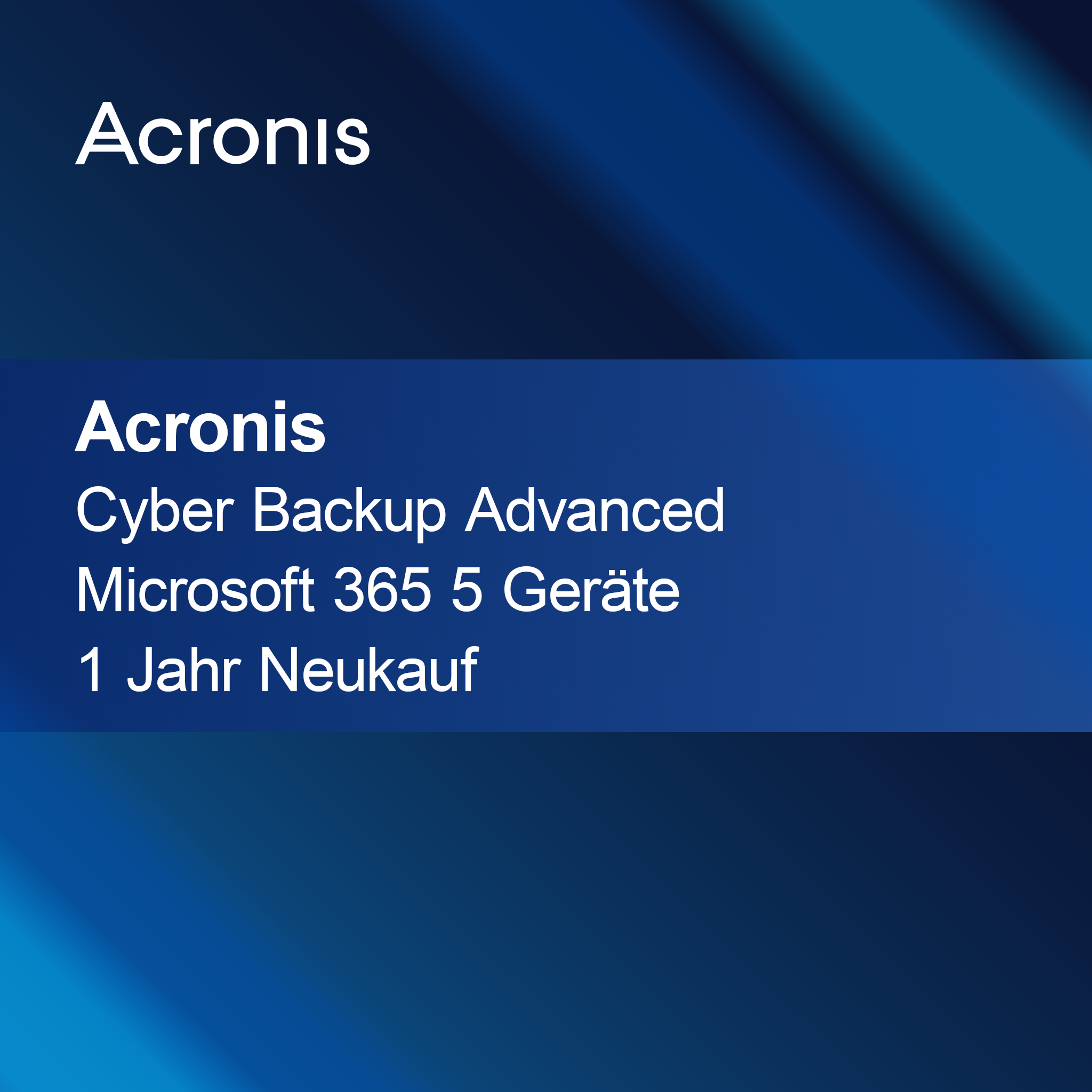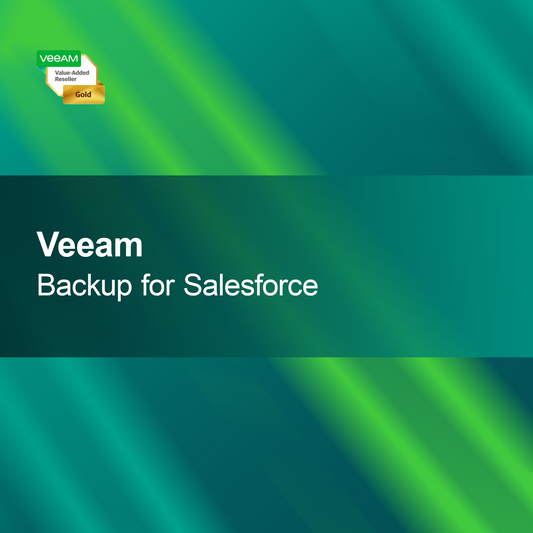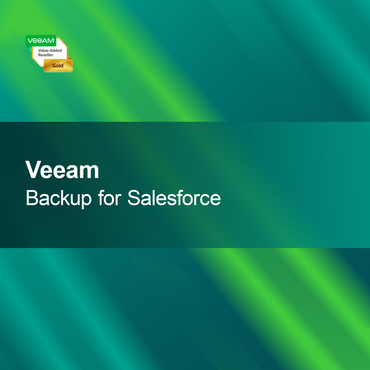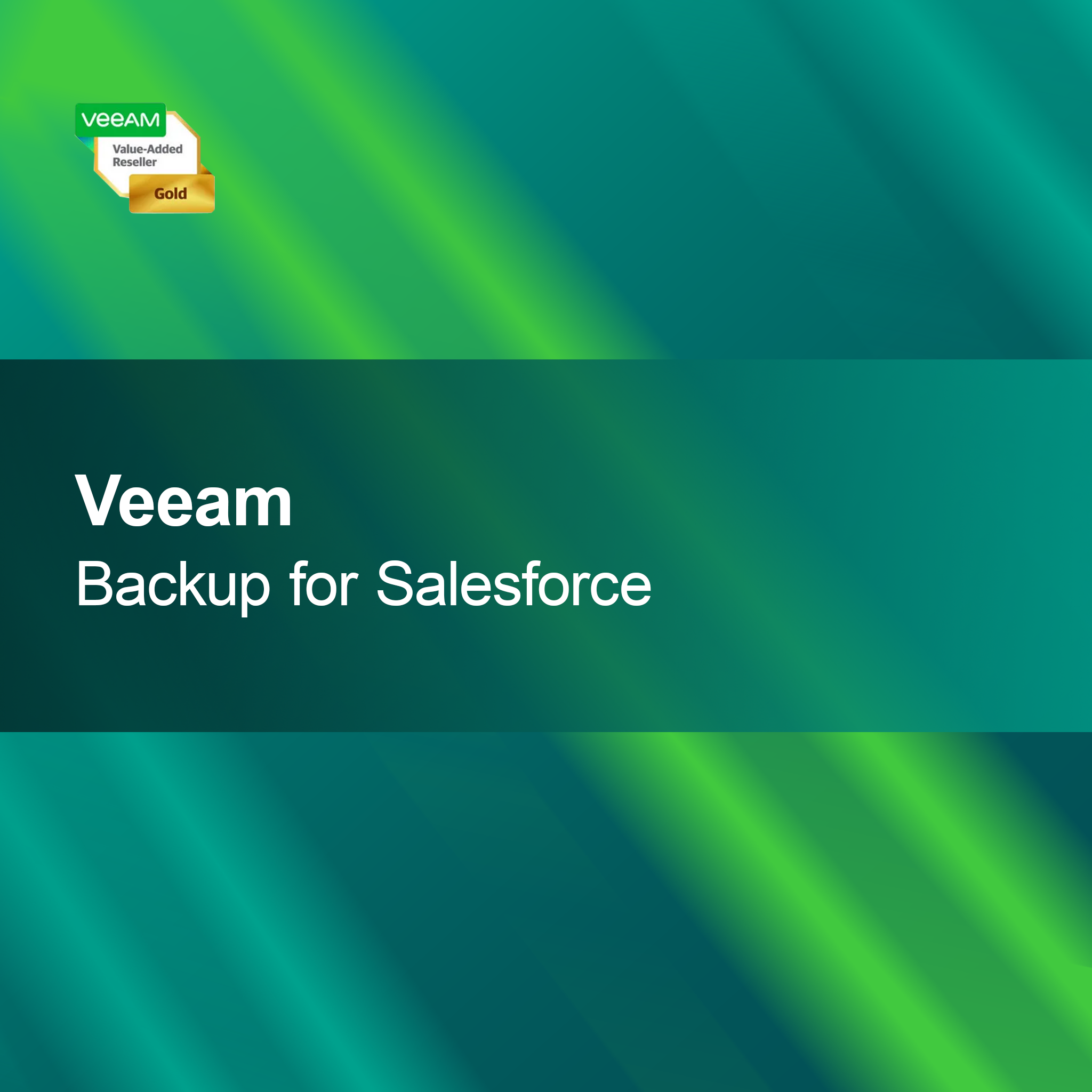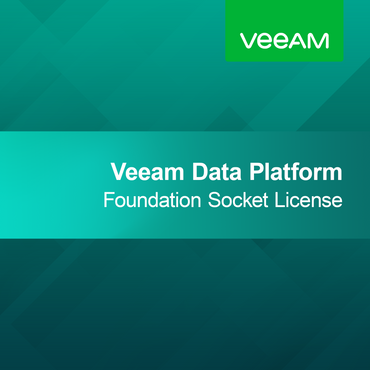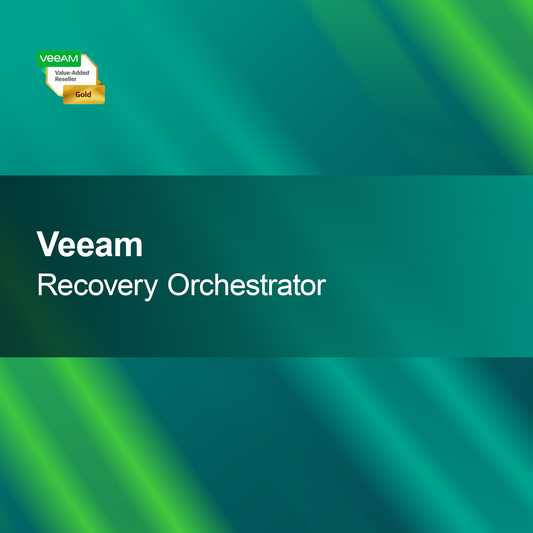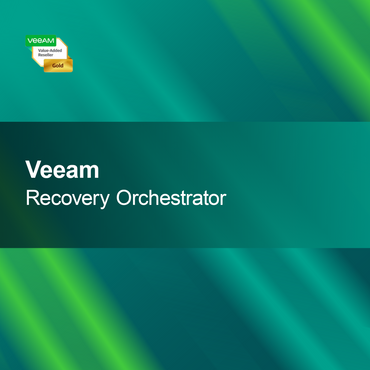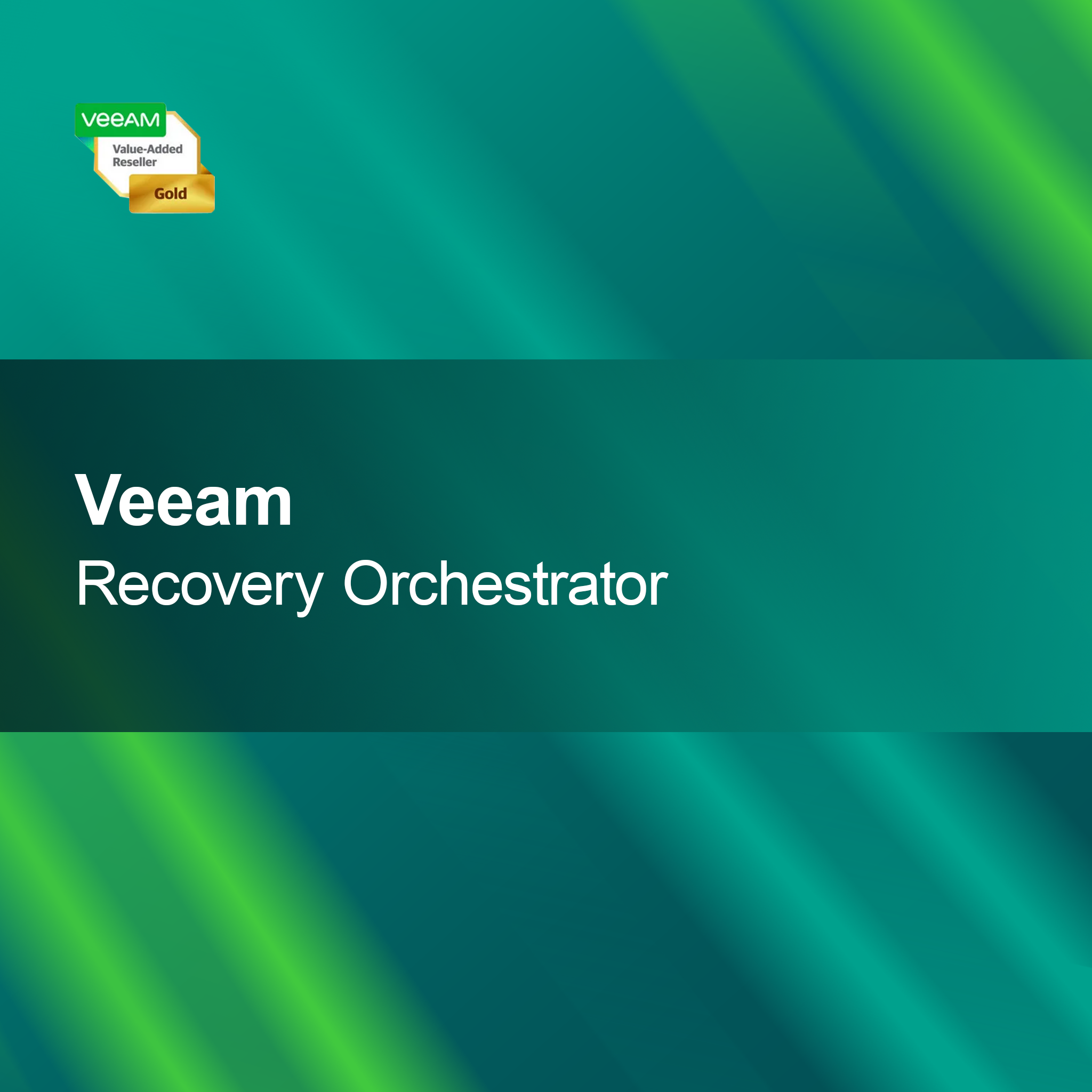-
Microsoft Exchange Server 2019 Enterprise
Regular price R$ 12.667,00Sale price R$ 12.667,00 Regular priceUnit price perMicrosoft Exchange Server 2019 Enterprise With the license key for Microsoft Exchange Server 2019 Enterprise, you get a powerful and reliable email platform that significantly improves...
-
Windows Server 2019 Device CAL
Regular price From R$ 146,00Sale price From R$ 146,00 Regular priceUnit price perWindows Server 2019 Device CAL With the Windows Server 2019 Device CAL license key, you secure a powerful and stable server environment tailored specifically to the...
-
Microsoft Windows Server 2025 User CAL
Regular price From R$ 285,00Sale price From R$ 285,00 Regular priceUnit price perMicrosoft Windows Server 2025 User CAL With the license key for Microsoft Windows Server 2025 User CAL, you gain access to a modern and powerful server...
-
Microsoft Windows Server 2025 Datacenter Core AddOn
Regular price From R$ 3.802,00Sale price From R$ 3.802,00 Regular priceUnit price perMicrosoft Windows Server 2025 Datacenter Core AddOn With the license key for the Microsoft Windows Server 2025 Datacenter Core AddOn, you receive a powerful and reliable...
-
Skype for Business Server Standard 2019 User CAL
Regular price R$ 266,00Sale price R$ 266,00 Regular priceUnit price perSkype for Business Server Standard 2019 User CAL With the license key for Skype for Business Server Standard 2019 User CAL, you get a reliable and...
-
Microsoft SQL Server 2014 Standard 1 Device CAL
Regular price R$ 437,00Sale price R$ 437,00 Regular priceUnit price perMicrosoft SQL Server 2014 Standard 1 Device CAL With the license key for Microsoft SQL Server 2014 Standard 1 Device CAL, you get a powerful and...
-
Windows 10 Pro for Workstation
Regular price R$ 1.014,00Sale price R$ 1.014,00 Regular priceUnit price perWindows 10 Pro for Workstation With the license key for Windows 10 Pro for Workstation, you get a powerful and stable platform specifically designed for professional...
-
Microsoft Windows 10 Enterprise N LTSC 2021
Regular price R$ 1.648,00Sale price R$ 1.648,00 Regular priceUnit price perMicrosoft Windows 10 Enterprise N LTSC 2021 Activate Microsoft Windows 10 Enterprise N LTSC 2021 quickly and securely with this license key and benefit from a...
-
Microsoft SQL Server 2016 Standard 1 Device CAL
Regular price R$ 494,00Sale price R$ 494,00 Regular priceUnit price perMicrosoft SQL Server 2016 Standard 1 Device CAL With the license key for Microsoft SQL Server 2016 Standard 1 Device CAL, you get a powerful and...
-
Microsoft Windows 10 Enterprise N LTSB 2015
Regular price R$ 761,00Sale price R$ 761,00 Regular priceUnit price perMicrosoft Windows 10 Enterprise N LTSB 2015 With the license key for Microsoft Windows 10 Enterprise N LTSB 2015, you get a powerful and stable operating...
-
Windows Server 2019 Essentials
Regular price R$ 1.521,00Sale price R$ 1.521,00 Regular priceUnit price perWindows Server 2019 Essentials With the license key for Windows Server 2019 Essentials, you get a reliable and user-friendly server solution that efficiently supports your business...
-
Microsoft Core CAL Suite User 2022
Regular price R$ 444,00Sale price R$ 444,00 Regular priceUnit price perMicrosoft Core CAL Suite User 2022 With the license key for the Microsoft Core CAL Suite User 2022, you get fast and secure access to an...
Server & Client
What are servers and clients?
Servers and clients are fundamental components in network architecture. A server is a powerful computer that provides resources, data, or services to other computers called clients. Clients are usually less powerful and access the resources provided by the server. This structure enables efficient use of data and applications in a network, whether locally or over the Internet.
What types of servers are there?
There are different types of servers, each fulfilling specific functions. Web servers host websites and deliver content to browsers. Database servers store and manage data, while application servers provide software applications. Other types include mail servers, which manage emails, and file servers, which store and share files. The choice of the right server type depends on the requirements of your network.
How do servers and clients communicate with each other?
Communication between servers and clients takes place over networks, usually using the Internet Protocol (IP). Clients send requests to the server, which processes these requests and returns the corresponding data or services. This interaction can occur via various protocols such as HTTP, FTP, or SMTP, depending on the type of information requested. A stable network connection is crucial for smooth communication.
What are the advantages of server-client architectures?
Server-client architectures offer numerous advantages, including centralized data management, improved security, and easier maintenance. Since data is stored on a server, clients can access it from various locations, increasing flexibility. Additionally, the separation of server and client allows for better load distribution, as servers can work for multiple clients simultaneously without performance being affected.
How do I choose the right server for my needs?
When choosing a server, you should consider several factors, including the type of applications you want to run, the number of users, and the required storage capacity. Scalability is also important in case your business grows. It is advisable to research the different server options and, if necessary, consult a professional to find the best solution for your specific requirements.
How secure are server-client systems?
The security of server-client systems depends on various factors, including the implementation of security protocols and regular software updates. It is important to use firewalls, antivirus programs, and encryption technologies to protect data from unauthorized access. Regular security audits and user training can also help minimize potential security risks.
What role do cloud servers play in the server-client architecture?
Cloud servers have revolutionized the server-client architecture by providing flexible and scalable solutions. Instead of operating physical servers on-site, companies can use cloud services to rent resources as needed. This reduces hardware and maintenance costs and enables access to data and applications from anywhere. Cloud servers also often offer enhanced security features and backup options.
